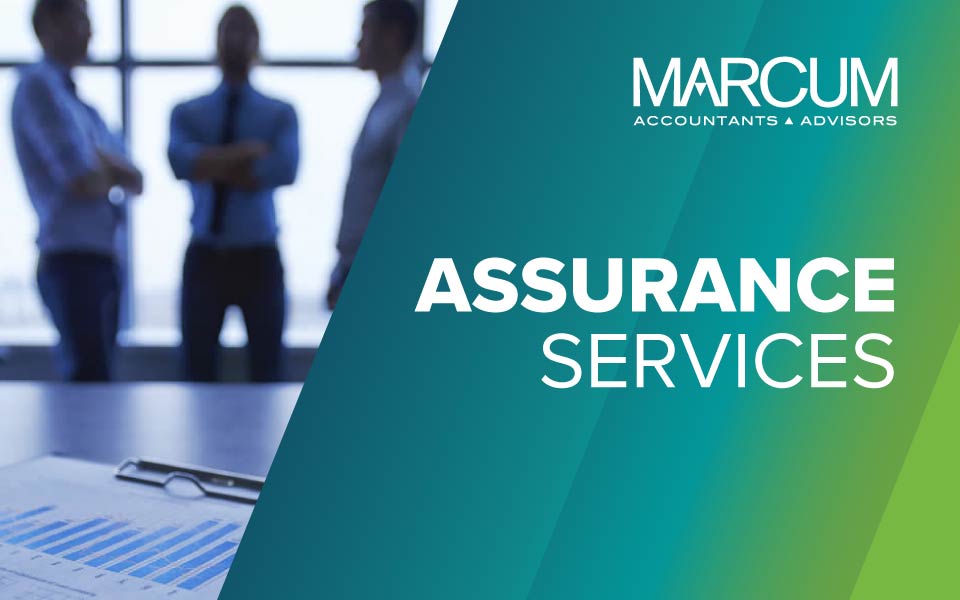John Hughes, Assurance Services Manager, Featured in Inc.com Article, "Should You Crowdfund Your Next Business?"
Inc.com
By Robb Mandelbaum
Excerpt:
After years of painstaking battles, the government is about to lift the ban on securities crowdfunding for startups. But this may not be the big breakthrough the crowd was cheering for.
Under Title III of the JOBS Act, a company can raise $1 million a year from the crowd without having to go through the very expensive process of registering those securities with the Securities and Exchange Commission. A company can’t sell that stock (or debt) on its own; instead, it will have to go through a website hosted by an intermediary. And some disclosure will still be required, including audited financial statements for campaigns of over half-a-million dollars, although the industry’s boosters have been working hard to change that.
Guess What? It’s Not As Cheap As You Think
Even if you’re part of the cool crowd, crowdfunding success will come at a price. For all the talk about crowdfunding’s potential to disrupt traditional finance, it’s hardly shaping up to be a cheaper source of capital. The biggest upfront expense will be, of course, the transaction itself. Daryl Bryant, who co-chairs the trade group CFIRA’s portal committee, figures that most platforms will charge 7 percent to 12 percent. (His own portal, StartupValley, will be “in the lower end of that,” he says.) FundAmerica, a broker-dealer based in Atlanta, will charge 8 percent. “There’s a high cost in running these portals, and not everyone’s going to succeed,” says Bryant. “And not everyone’s going to be a million-dollar offer, so you’re going to get a lot of $250,000, $500,000 deals, and you need to be compensated for your time.”
For issuers, all this paperwork represents risk: If the campaign doesn’t meet its goal, then, per the JOBS Act, the company gets no money at all, and the considerable sum spent on disclosure has been lost. On the other hand, if the campaign succeeds, then the company must continue to make at least the same disclosures every year for as long as the securities remain outstanding. The financial statement reviews or audits will cost nearly as much as the initial versions, says John J. Hughes, a CPA at the New York City firm Marcum. Imagine now that New York City business, spending $50,000 year after year.









